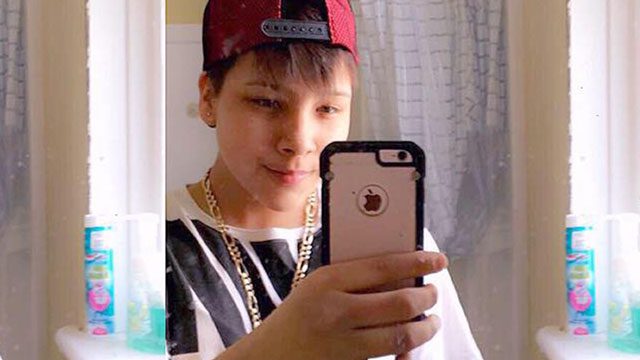
Elishia Hudson, 16, was shot and killed by Winnipeg police April 8.
The day after John Joseph Harper was shot and killed by a Winnipeg police officer on March 9, 1988, the department cleared their officer of any wrongdoing.
Harper’s death would in part spark the Aboriginal Justice Inquiry that delved into longstanding systemic issues facing Indigenous people in Manitoba’s justice system.
But the report, and its recommendations, haven’t stopped police shootings since its release in 1991.
Within 10-day span beginning April 8, Winnipeg police shot and killed three Indigenous people – a 16-year-old girl, 22-year-old father of three and a 36-year-old man.
Unlike in the shooting death of Harper in 1988, Manitoba’s police watchdog, the Independent Investigation Unit, continues to look at the circumstances of the each death.
It’s just not enough for Jerry Daniels, grand chief of Southern Chiefs’ Organization.
Daniels is calling for some sort of Indigenous police oversight board of that would be involved in these cases.
“It would shift some of the thinking within the force, ‘cause now they are accountable, a bit more accountable to First Nations, the leadership, the communities in the action they have taken,” said Daniels on Nation to Nation Thursday.
Daniels spoke to host Todd Lamirande also about child welfare issues facing First Nations in the province and what he thinks of the federal government’s response to the COVID-19 pandemic.
As has been the usual for the past six weeks, Nation to Nation spoke to two high-level bureaucrats inside Indigenous Services Canada about the latest issues facing Indigenous communities, including off-reserve First Nations.
In particular, Dr. Tom Wong was asked how quickly rapid tests can make it to communities, as there have been conflicting reports coming from the federal government saying it could be a few weeks or at least July.
“I think we have to wait for the company in order to come with a realistic date of production,” said Wong.
Catch all the interviews, plus the latest from the federal health committee, below.










